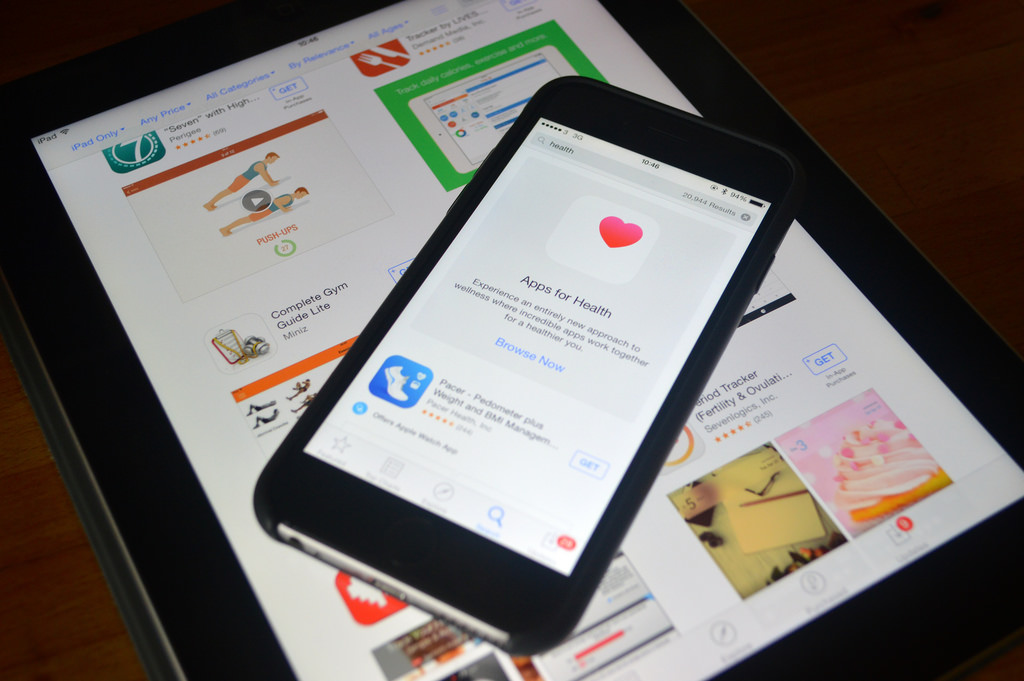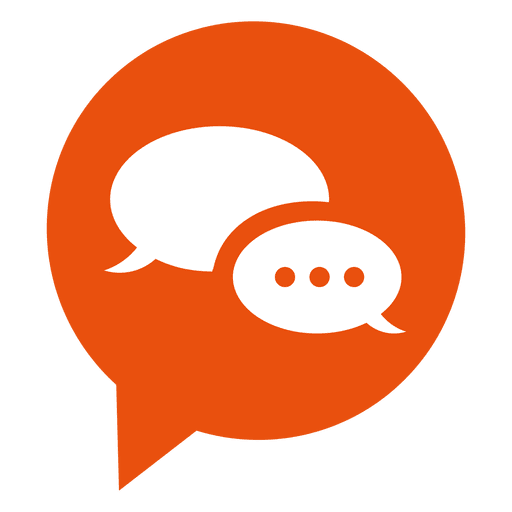Mobile Health

It is interesting to observe how the healthcare technology space is evolving -Mobility in healthcare known as ‘mHealth’ is the latest trend. “Anytime anywhere” connectivity through healthcare mobile application is being used to transform patient care, drive doctor and administrative staff productivity, and redefine the workplace. Interetingly, in 2011 the FDA proposed guidelines for how it translates existing medical device regulations into the world of apps, smartphones, and tablets.
Not only healthcare facilities are deploying consumer devices like the iPhone, iPad, or Android devices, they are also allowing healthcare workers can to bring and use personal mobile devices at work. The biggest challenges for Healthcare mobile apps include security concerns, HIPAA compliance, and user experience. To resolve these challenges it is important that healthcare apps meet proper Health and Medical certification. Happtique, a subsidiary of the for-profit arm of the Greater New York Hospital Association (GNYHA Ventures), is the first organization to take the initiative of constructing a certification process that Happtique will use to decide which consumer health apps and professional medical apps it will promote.
Payors are also planning to offer mobile services and develop mobile apps in order to improve customer engagement. Last year Aetna acquired Healthagen, maker of the iTriage app, to enhance consumer engagement through mobile apps. Other payors will soon offer similar consumer-facing utility apps along with wellness apps and wellness games.
Following are some of the trends in mHealth apps [according to Brian Edwards, mHealth feature editor at iMedicalApps ]
1. Apps that track patient activity:
The apps provide ability to track patient data on a phone are very useful for patients especially with chronic conditions like diabetes.
2. Binary network apps:
Binary network apps track peripheral devices, will possibly be the biggest trend in 2012, said Edwards. Some examples of such apps are 1) wearable censors that fit into the diagnostic process in an ambulatory setting. These Binary network apps enables caregivers to “see triggers” as the app sends an alarm depending on a predetermined threshold for the patient.
3. Health-focused games:
The healthcare based game apps are really powerful in educating people to improve or manage their health in an entertaining manner
4. Apps that empower patients:
These apps help consumers make health-related decisions by pulling information from government and non-profits and organize it so users can search for facilities, read reviews and check what services are available all based on your location.
[simple-social-share]


